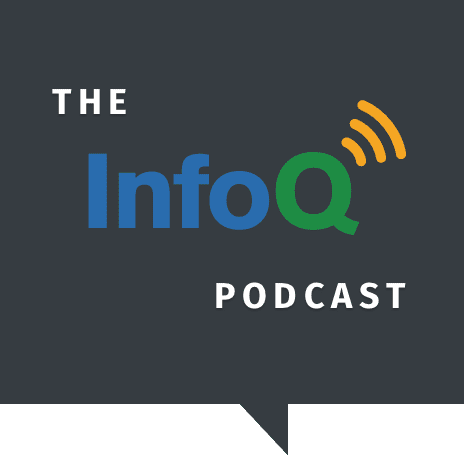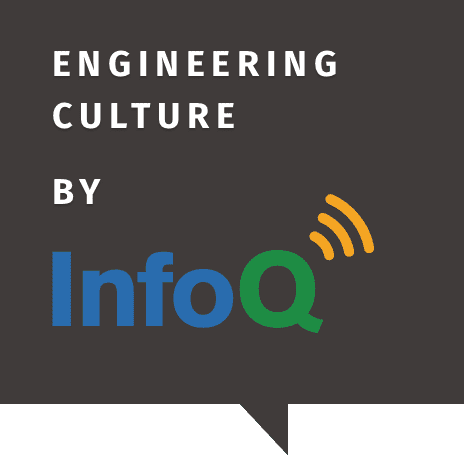InfoQ Homepage System Programming Content on InfoQ
-
Somtochi Onyekwere on Distributed Data Systems, Eventual Consistency and Conflict-Free Replicated Data Types
In this podcast, InfoQ spoke with Somtochi Onyekwere on recent developments in distributed data systems, how to achieve fast, eventually consistent replication across distributed nodes, and how Conflict-free Replicated Data Type (CRDTs) can help with conflict resolution when managing data.
/podcasts/distributed-data-systems-consistency/en/mediumimage/somotochi-interviewee-1767782929526.jpeg)
-
Why Rust Will Help You Deliver Better Low-latency Systems and Happier Developers
Andrew Lamb, a veteran of database engine development, shares his thoughts on why Rust is the right tool for developing low-latency systems, not only from the perspective of the code’s performance, but also looking at productivity and developer joy. He discusses the overall experience of adopting Rust after a decade of programming in C/C++.
/podcasts/low-latency-systems-happy-developers/en/mediumimage/interviewee-1755768251024.jpg)
-
Generally AI - Season 2 - Episode 4: Coordinate Systems in AI and the Physical World
In this podcast, Roland Meertens and Anthony Alford discuss coordinate systems, both in AI and the physical world. They explore how a library's classification systems mirror the concept of embeddings in AI, where documents are organized based on similarity and how AI tools like RAG use vector spaces to efficiently retrieve the right content.
/podcasts/generally-ai-coordinate-systems-ai/en/mediumimage/generally-ai-logo-interviewee-pic-290x210-1728910038732.jpg)
-
InfoQ Cloud and DevOps Trends 2023
In this episode of the podcast, members of the InfoQ editorial staff and friends of InfoQ will be discussing the current trends in the domain of cloud and DevOps.
/podcasts/infoq-cloud-devops-trends-2023/en/mediumimage/trends-report-podcast-290-210-1711705343471.jpg)
-
Building a Reliable Kafka Data Processing Pipeline with Lily Mara
In this episode Thomas Betts talks to Lily Mara, engineering manager at OneSignal in San Mateo, California. She manages the infrastructure services team, which is responsible for in-house services used by other OneSignal engineering teams. They will discuss how to build a reliable Kafka data processing pipeline.
/podcasts/kafka-data-processing-pipeline-building/en/mediumimage/lily_mara-m-1691670146431.jpg)
-
DevOps in No-Code and Low-Code Environments
In this podcast, Shane Hastie, Lead Editor for Culture & Methods, spoke to Kevin Boyle about bringing DevOps culture practices and tools into low-code and no-code environments.
/podcasts/no-code-low-code-environments/en/mediumimage/kevin-boyle-m-1642804564367.jpg)

